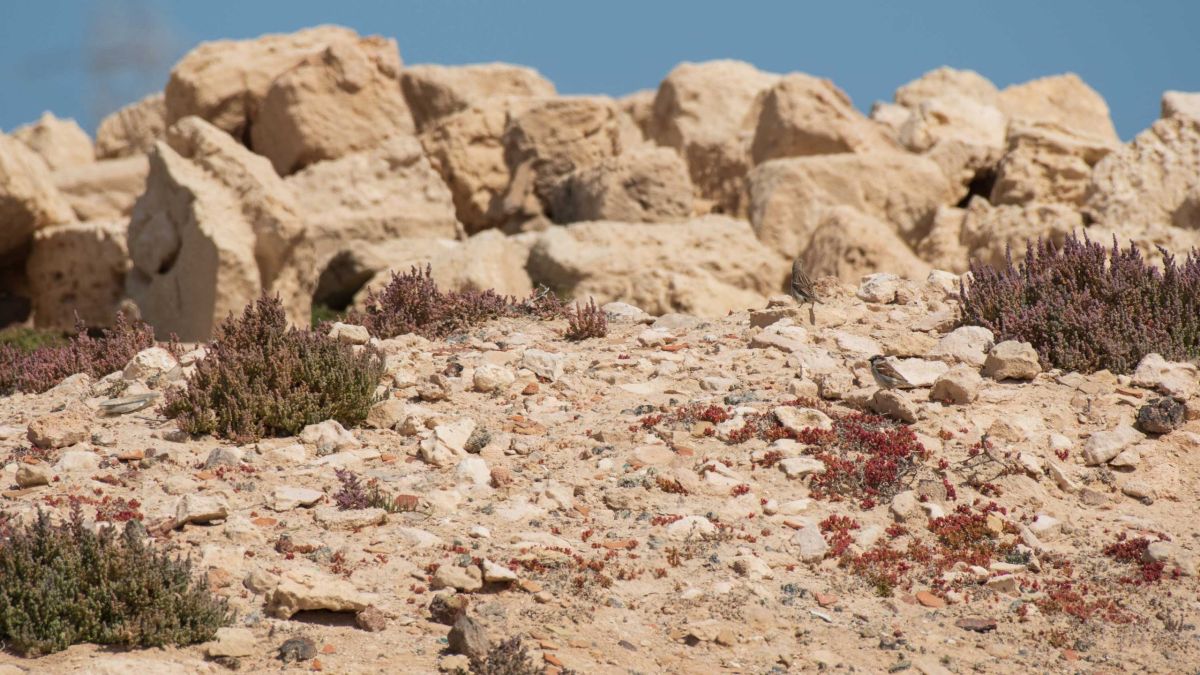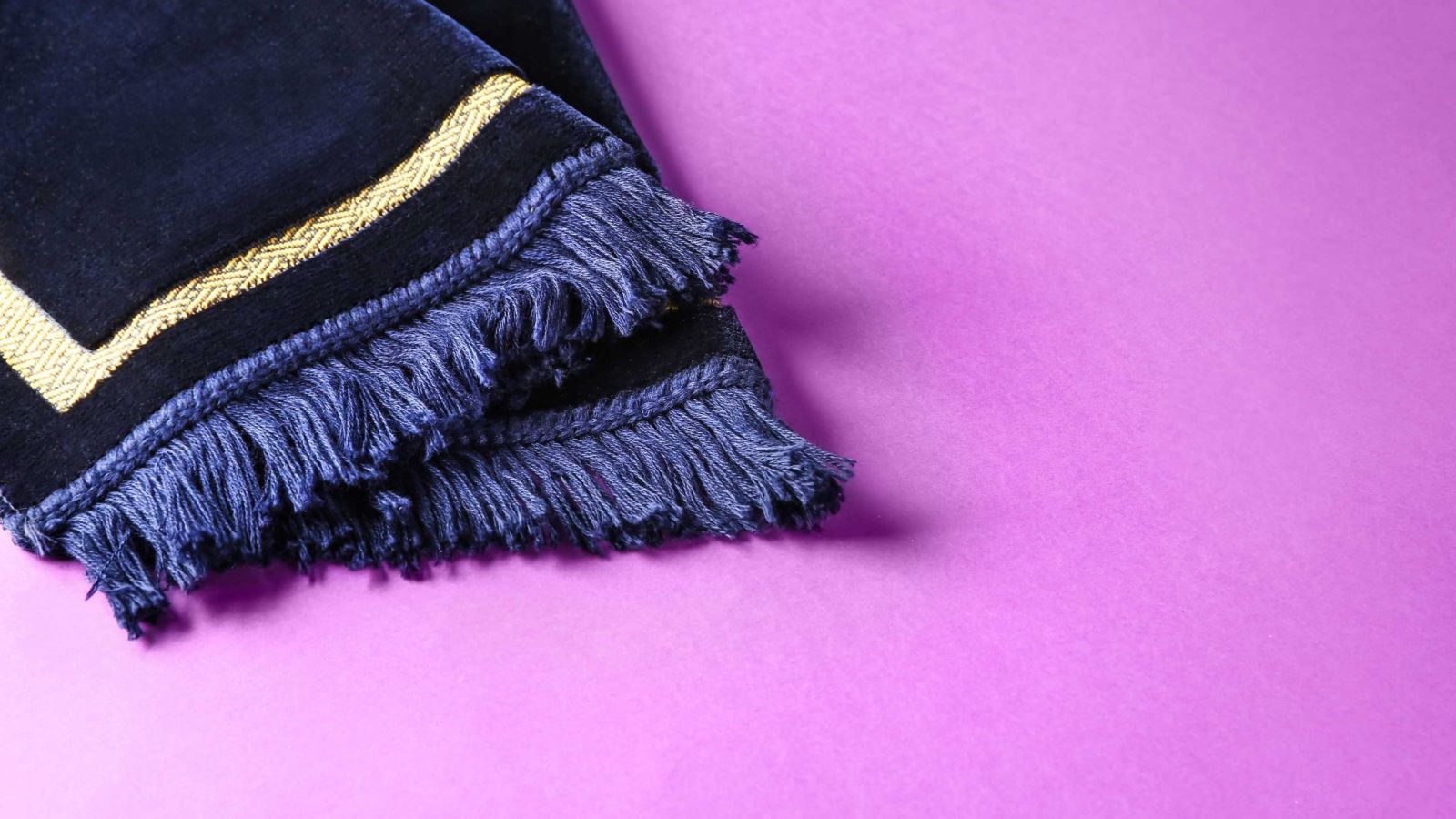Recognition of the Prophethood of Muḥammad (ﷺ) by the Christian King Jurjus ibn Mīnā and the Bishops of Alexandria
Shaykh al-Islām Ibn Taymiyyah


Shaykh al-Islām Ibn Taymiyyah (d. 728 AH) said:
Al-Wāqidī said [after mentioning his chain of narrators]: Al-Mughīrah ibn Shuʿbah spoke concerning the excursion he took to Maqūqas1 with Banī Mālik.
[He mentioned] that, upon entering on him, he [Maqūqas] said to them: ‘How were you able to sneak away to me from your people when Muḥammad and his companions are between us and yourselves?’
They replied: ‘We stayed close to the sea and remained hidden from him.’
He said: ‘What is your position concerning that which he calls to?’
They replied: ‘Not a single man among us has followed him.’
He said: ‘Why is that?’
They replied: ‘He has come with a new religion which our forefathers and kings never adopted. We remain steadfast upon that which our forefathers were upon.’
He said: ‘What is the position taken by his people?’
They said: ‘The younger ones follow him. Those who oppose him from his people [i.e. Quraysh] and others from among the Arabs [i.e. other Arab tribes] have met him [in battle] several times. Sometimes they are victorious and other times they fail.’
He said: ‘Why don’t you relate to me exactly what he calls towards?’
They replied: ‘He calls us to worship Allāh alone and to associate no partner with Him [in worship]—to completely leave that which our forefathers used to worship. He also calls us towards ṣalāh and zakāh.’
He asked: ‘What is ṣalāh and zakāh? Does it have a specified time and a predetermined amount?
They answered: ‘They pray five prayers in the day and night which all have a time and amount he has specified. They contribute [as zakāh what is equal to] half a mithqāl2 from their income that has reached twenty mithqāl.’
They then related to him the categories of zakāh.
He asked: ‘When he takes their money [as zakāh], what does he do with it?’
They said: He gives it to their poor. He also orders them to join the ties of kinship, and that they fulfil their promises. He also prohibits fornication and drinking intoxicants and he does not eat from that which has been slaughtered for other than Allāh.’
Maqūqas said: ‘This is a Prophet that has been sent to mankind. If he was to emerge among the Coptics and Romans, they would follow him. For such was the command of ʿĪsá ibn Maryam. That which you have described is similar to that which the Prophets before have been sent with. The true [praiseworthy] ending shall indeed be his, for none will stand before him in opposition. His religion shall appear [as far as one can travel] by foot or animal, until it reaches the intersection of the seas. His people [i.e. those among the Arabs who have opposed him] are on the verge of having to stop him with the very palms of their hands [i.e., in desperation].’
They [Mughīrah and Banī Mālik] replied: Even if all the people were to join him, we shall not [comply].’
Mughīrah said: [In response], Maqūqas raised his head in surprise and said: ‘You [people] are in a state of play.’
Then he asked: ‘How is his lineage among his people [the Arabs]?’
They replied: ‘His lineage is average among them.’
He replied: ‘Such was the lineage of the Messiah. The prophets are raised in a lineage [that is well-known] to their people.’
Then he asked: ‘How is his speech?’
They replied: ‘He was not given any other title save for al-Amīn [the Trustworthy] on account of his honesty.’
He said: ‘Examine your matter closely then. Do you think he is honest in his dealings with you, but that he would lie concerning Allāh?’
He then said: ‘Who follows him?’
They said: ‘The younger generation.’
He said: ‘Such were the followers of the Messiah and the prophets before him.’
He then asked: ‘What was the position of the Jews of Yathrib [i.e. Madīnah] regarding him, for they are the people of the Torah?’
They replied: ‘They openly opposed him [after breaking their pact with him], so he fought them, among them were those who surrendered and the remaining dispersed.’
He said: ‘They are a jealous people; they are only envious of him. For they assuredly know concerning him the likes of what we know.’
Mughīrah then said: We left him having being humbled and subdued before Muḥammad (صلى الله عليه وسلم).
We said: The kings of the estranged [to the Arabs] believe in him and fear him despite the distance of their lineages. We are from his progeny, his neighbours, but we refuse to join him while he came to our own homes as a caller [and warner].
Mughīrah said: I returned to our place of residence and stayed in Alexandria. I did not leave a single church [in Alexandria] except that I entered it and asked its bishops concerning the qualities of Muḥammad (صلى الله عليه وسلم). I came upon a bishop who was the head of the Church of John. They [the Christians] used to bring their sick to him and he would make an invocation for them. I have never seen a man more hardworking than him.
I said [to him]: ‘Are there any Prophets left?’
He answered: Yes, he is the last prophet. There exists none between him and ʿĪsá ibn Maryam. He is a prophet that will be sent and ʿĪsá has ordered us to follow him. He is an illiterate Arab named Aḥmad. He is neither tall nor short, in his eyes there is redness. His [skin colour] is neither white nor brown. His hair flows down and he wears thick clothing. He is satiated with the food he comes upon. He wears his sword on his hip and he cares not for those who stand before him. He engages in battle himself, with him are his companions who would readily sacrifice themselves for him. For their love for him far surpasses their love for their own children and family. He will emerge from a sacred land and migrate to another sacred land. He will migrate to a land of briny, salty, [volcanic earth] and palm trees. He will adopt the religion of Abraham.’
Mughīrah said: ‘Relate to me more of his description.’
He said: ‘He wears a wrapping on his midsection. He cleans the ends of his limbs [i.e. makes wuḍūʿ] and will be given that which no prophet before him was granted. For the Prophets [before him] were sent to their respective people, while he will be sent to the whole of mankind. This earth will be made a place of prayer and a means of purification for him. Wherever the time of prayer reaches him he performs tayammum and prays. This matter was made difficult for those before him as they were not permitted to pray except in churches or synagogues.’
I listened attentively and grasped everything that was said by him and others concerning this matter.
[Shaykh al-Islām concludes]: Al-Wāqidī then goes on to mention the long story of al-Mughīrah’s return and his acceptance of Islām. [He mentioned] that he used to relate what he had heard [from the Christians] regarding the characteristics of the [final] Prophet (صلى الله عليه وسلم). This was something that would gladden the Prophet (صلى الله عليه وسلم) and he used to love that his companions hear it.
Al-Mughīrah said: So I used to relate it to them [the companions]. For this [his (صلى الله عليه وسلم) description] is something that was well-known to the People of the Book and their leaders.
Endnotes:
[1] Maqūqas: arabization of a Greek word that means ‘His majesty.’ It is used as a title for any leader appointed in the Byzantine Empire. Here, it refers to a Coptic man named Jurayj ibn Mīnā who was the appointed king of the Christians in Alexandria, Egypt.
[2] Mithqāl: a measure used to describe the weight of gold and silver. Corresponds to around 5 grams.
Source: Al-Jawāb al-Ṣaḥīḥ 1: 295-299
Translated by: Riyāḍ al-Kanadī

















